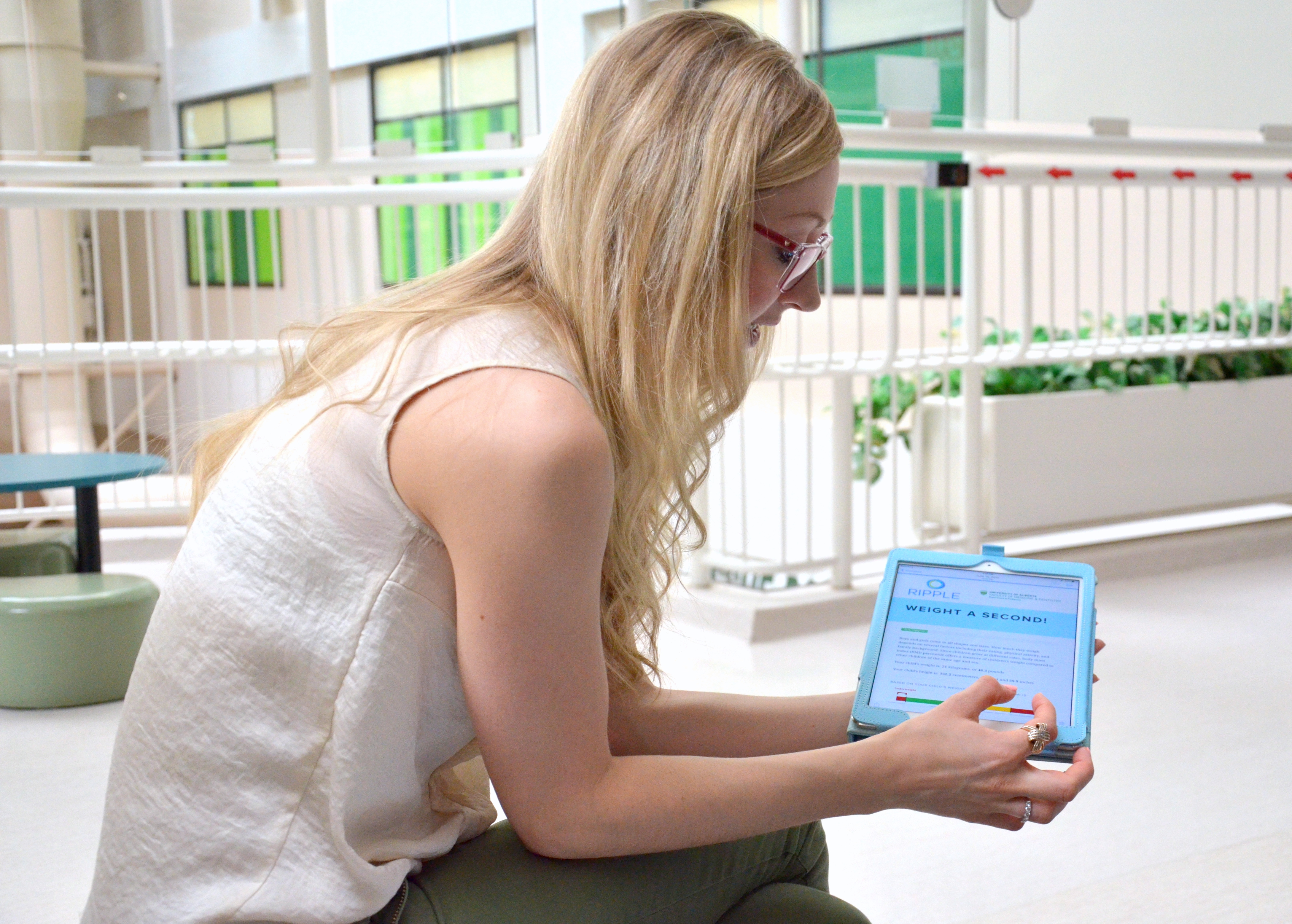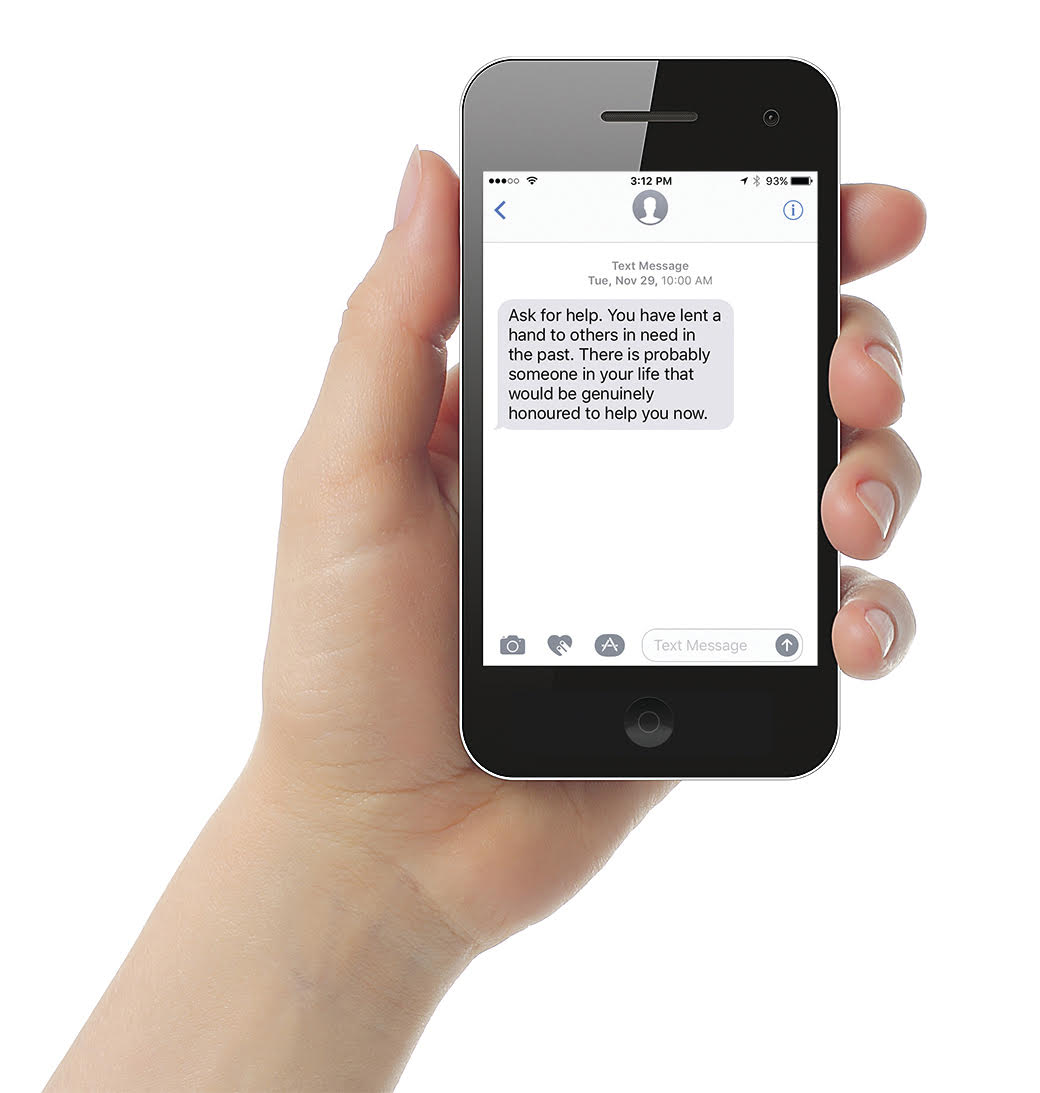 Weight a second
Weight a second
UAlberta e-tool provides wake-up call for parents of children with excess weight
Sometimes we see only the best in our kids―even when a potential health risk is physically apparent.
An e-tool called RIPPLE, developed by U of A pediatric researchers Jillian Byrne, '16 PhD, and Geoff Ball, not only lifts the blinders for parents, it offers them much needed and welcomed support.
"We wanted to help moms and dads become aware of their child's weight, if they aren't already, and give them some information and resources to help their family and home be as healthy as possible," said Geoff Ball, director of the Pediatrics Centre for Weight and Health at Alberta Health Services' Stollery Children's Hospital.
The new 15-minute electronic survey includes a screen of children's weight status, the choice of one of four health interventions (on either diet or activity) and a menu of online resources and community services.
Get by with a little help from a text
Text4Mood sends uplifting messages to boost conventional mental-health treatment
More than 6,000 Albertans have subscribed to receive expertly crafted daily text messages-to bring relief for their mental-health issues, thanks to a study published in BMC Psychiatry (2016) plus a subsequent program developed by University of Alberta psychiatrist Vincent Agyapong and delivered by Alberta Health Services.
"Counselling services are human intensive. We don't have sufficient numbers of counsellors able to meet the demands of patients in Alberta," said Agyapong. "Using technology to provide some form of counselling and support by text message can reach a large number of people with minimal costs and virtually no human resources at all."
 Anxiety treatment pilot program reaches teens where they are ― online
Anxiety treatment pilot program reaches teens where they are ― online
One in 10 youth experiences anxiety at a level that is diagnosable and requires treatment
The Breathe Program, a national project led by U of A pediatrics associate professor Amanda Newton, is geared to youth who have mild to moderate anxiety symptoms and who can't or wouldn't otherwise seek treatment. The self-led online intervention program contains six cognitive behavioural therapy (CBT)-based modules presented with interactive text, embedded video and comic-book-style storyboards. Newton and her team were supported by the Stollery Children's Hospital Foundation through the Women and Children's Health Research Institute, the RBC Foundation and the Canadian Institute of Health Research.
Getting youth the help they need
"Anxiety disorders diagnosed in childhood do not often resolve over time without interventions," said Ashley Radomski, a graduate researcher working on the team.
What one teen has to say
"The most helpful thing was to try to think realistically. It helps a lot because most of the things I get anxious about are highly unrealistic. I use the Breathe skills now almost every time I get anxious."